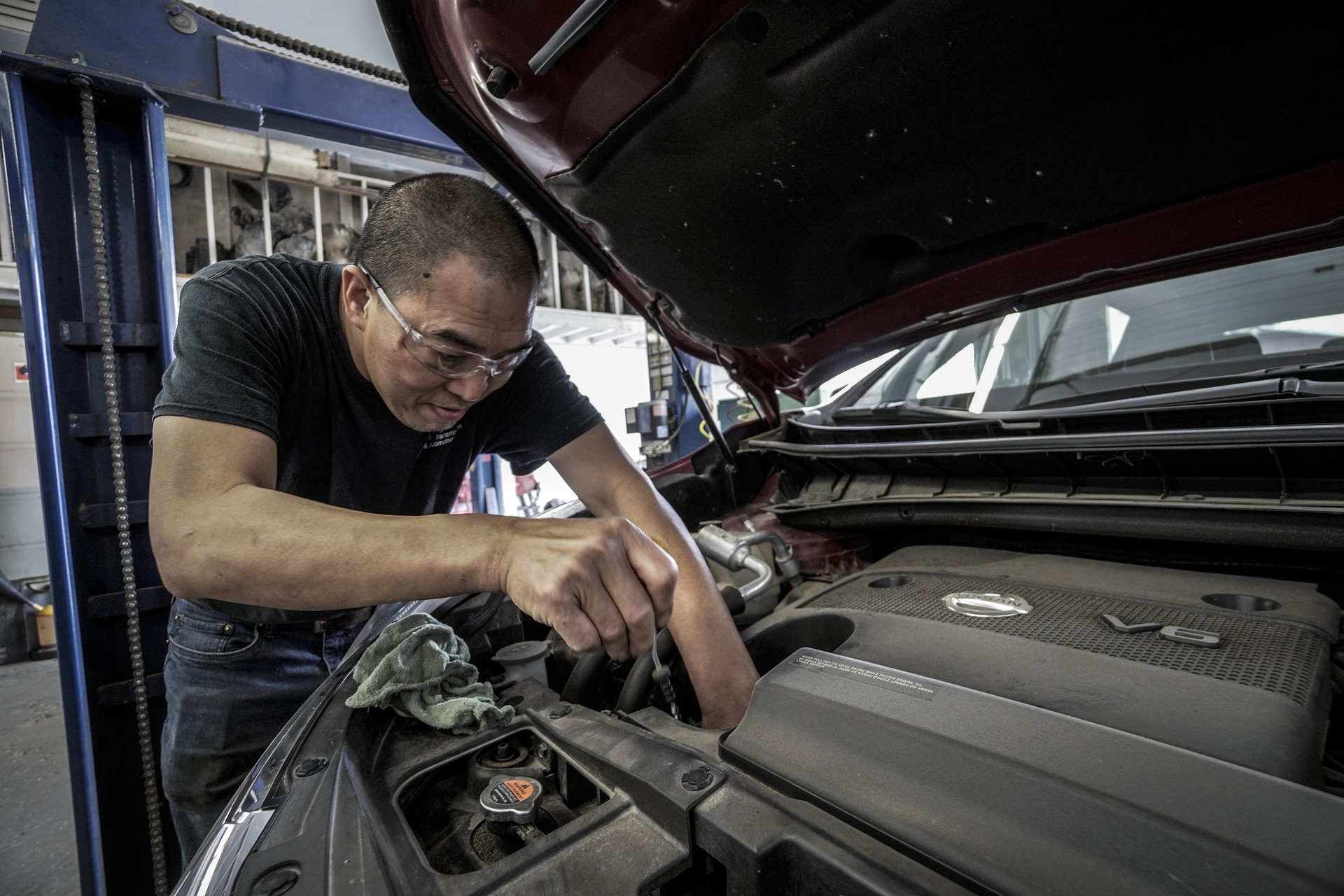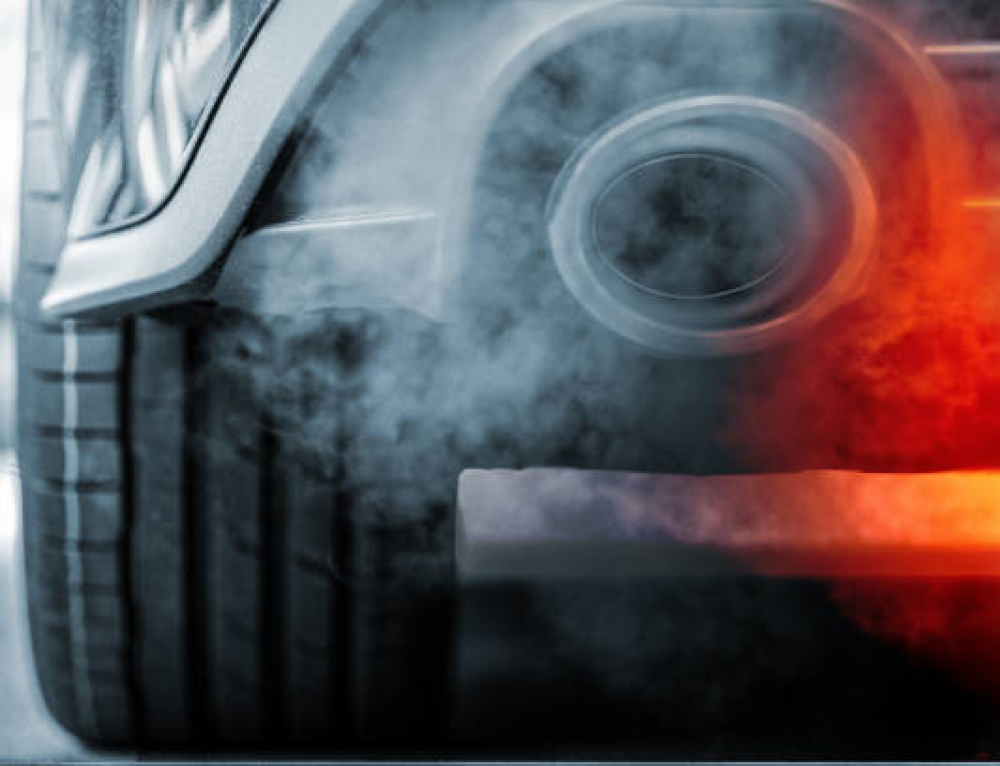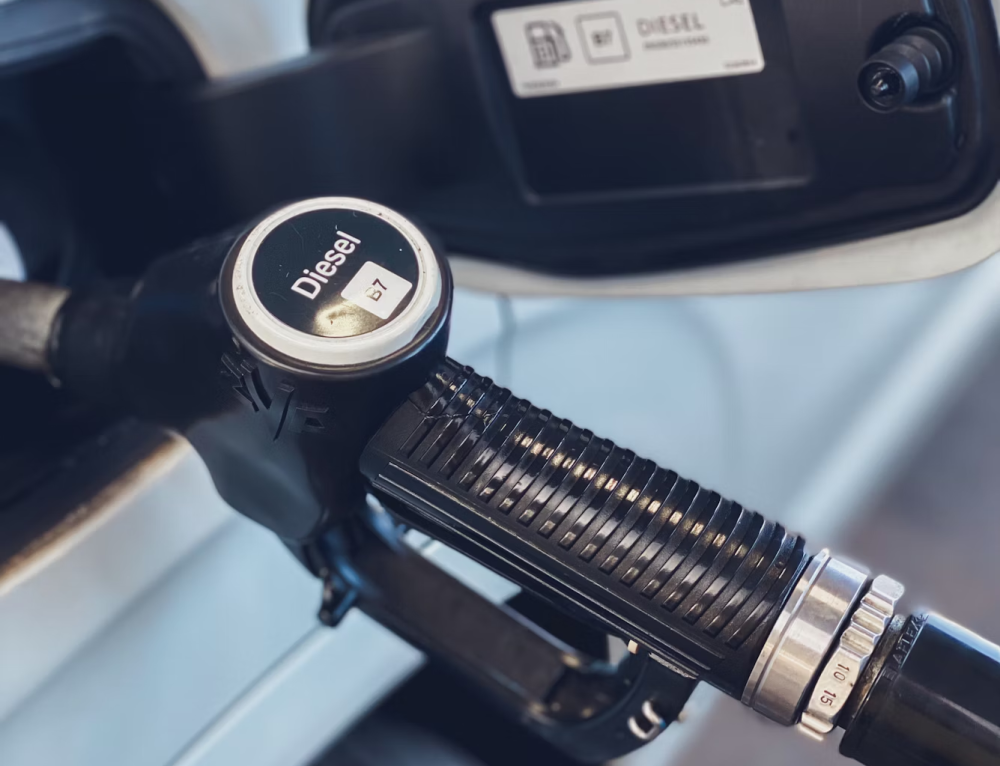Changing the oil in your car’s engine regularly is a common practice in vehicle maintenance. It is one of the easiest ways to ensure your engine lasts long. However, when it comes to diesel engines, there’s a specific reason why you need to change the oil in diesel engines regularly. Doing so helps to maintain engine performance, prevent costly repairs, and extend the life of your vehicle.

A vehicle that does not have an oil change can suffer more wear, which can cause breakdowns more quickly and increase fuel consumption. This is why you need to change the oil in diesel engines regularly to ensure optimal performance and longevity. We tell you everything you need to know.
Oil changes and oil filter
Oil is the blood of the car. It is what allows the engine to perform its function correctly. Its aim is to provide a film of oil between the moving parts of the engine to decrease friction and maintain an optimal service temperature within the engine block. That’s why you need to change the oil in diesel engines regularly, to ensure that the engine continues to run smoothly, prevent excessive wear, and avoid damage caused by a buildup of contaminants.
Manufacturers usually recommend checking the oil level every 5,000 kilometers or 3 months. In this case, with the engine cold or hot, according to the manufacturer’s recommendation, and the vehicle stopped on the level, we extract the dipstick and check if it is between the MAX and MIN levels.
In the case of being below the minimum, we should fill with the same oil. However, in case of exceeding the maximum, call a tow truck to take the car to the workshop to remove the excess. Excess oil could cause serious engine damage, and this highlights why you need to change the oil in diesel engines regularly to maintain optimal performance and prevent long-term issues.
All manufacturers recommend changing the oil and oil filter (together with the oil washer) between 15,000km and 30,000km or a maximum of 2 years, whichever comes first. It is not advisable to exceed this limit, since the oil it loses many of its properties.
On the other hand, we must also know that if we make too many short trips where the car does not reach service temperature or we practice sports driving, the oil change must be done before, as also indicated by the manufacturer in these cases.
Choosing a quality oil with the correct viscosity grades is very important, as not all engines carry the same oil. If you do not know what oil your vehicle should carry, consult the owner’s manual provided by the manufacturer.
The oil change service usually includes a filter and washer change. The average cost for a normal car is usually between $120 and $250 in normal workshops and a little more in official services. Later we will teach you how to change the oil yourself and save you good money.
The engine and cabin air filter must also be changed but with longer periods. Additionally, it’s important to understand why you need to change the oil in diesel engines regularly, as regular oil changes ensure the engine runs smoothly and prevents unnecessary wear and tear.
Types of engine oil
There are two main types of oil according to its manufacture: conventional or mineral and synthetic. Mineral oils are rarely used today. They are those that come from direct oil distillation. On the other hand, synthetic or semi-synthetic oils are made in the laboratory and withstand different conditions better. A 100% synthetic oil is always recommended.
It may seem difficult to decipher what the oil acronyms mean, but it is nothing to write home about. To understand what these specifications mean, we must know that there are oils with different grades and chemical compositions.
The majority of today’s oils are multi-grade, so they are designed to work in cold and hot. Oil classifications are governed by the acronym SAE (Society of Automotive Engineers). On the oil containers, you will see that they include nomenclature of the style “10w40” or “5w30”. What does it mean? The first number corresponds to the viscosity at room temperature or winter (winter’s w) and the second number to the viscosity at service temperature. Transmission oils work differently!
What oil does my car have?
The first thing we must do is look in the user manual for the indications on SAE and ACEA required by the manufacturer. If we go to a professional workshop, they will be in charge of pouring the corresponding oil. Remember, why you need to change the oil in diesel engines regularly is crucial to maintaining engine health. With the law in hand, the workshop is obliged to show you the parts or lubricants used. Do not trust anyone and demand your right.
It is important, whether you change it yourself, or if you do it in a workshop, to demand a quality oil and not get carried away only by the recommendation of the workshop, especially if it is a fast mechanic service since they use their own oils that leave more profit for them under the typical slogan of “is the second brand of X”. Most times, it is usually false. This is why you need to change the oil in diesel engines regularly, as using low-quality oil can harm the engine’s performance. The same goes for changing tires.
What if I don’t change the oil when it plays?
The fact that the manufacturer specifies not to exceed the 15,000 or 30,000 kilometers that it indicates does not mean that when this figure is exceeded, the engine will explode, but it does mean that we begin to play with fire. From this limit, the oil already starts to degrade and breakdowns could occur. This is why you need to change the oil in diesel engines regularly; neglecting this can lead to costly damage over time. If your car is also under warranty and you do not respect the maintenance plan, you could get into a lot of trouble or even deny warranty coverage.
Our recommendation is to change the oil when indicated or before, but if we go over the limit, do not rush more than 1,000 extra kilometers.
What happens if I mix oils?
That going ahead is that it is not advisable to mix oils, but if in the middle of a trip the notice pops up that there is no oil and we have to refill, we must ensure that it is the same grade and type as the one you already carry. That way, the consequences are minimized. If, on the other hand, we add oil of different viscosity, what we will do is create a new mixture, with more or less viscosity than required, which could put the health and maintenance of the engine at risk.
If you need professional help keeping your engine in tip-top condition by carrying out regular maintenance, you can contact us. We specialize in keeping your diesel engines working in optimal health. Regular maintenance, including why you need to change the oil in diesel engines regularly, is crucial for ensuring long-term performance and avoiding costly repairs. Our technicians and engineers are professionally trained and experienced to give you the maximum performance of your engine.
We look forward to hearing from you, answering your questions, and helping you get your diesel vehicle in a fantastic working condition.
Frequently Asked Questions
Why you need to change the oil in diesel engines regularly?
Changing the oil in diesel engines regularly is crucial for maintaining engine performance and preventing damage. Regular oil changes help reduce friction, improve fuel efficiency, and keep contaminants from damaging engine parts. Neglecting this maintenance could lead to expensive repairs and shorter engine life.
How often should I change the oil in my diesel engine and why is it necessary?
Manufacturers typically recommend changing the oil in diesel engines between 15,000 km and 30,000 km, or every two years. Why you need to change the oil in diesel engines regularly is to ensure the engine operates smoothly and prevent issues like increased friction, engine wear, and loss of fuel efficiency.
What happens if I don’t change the oil in diesel engines regularly?
If you don’t change the oil in diesel engines regularly, the oil degrades, leading to increased friction, wear, and potential engine failure. Neglecting oil changes can also result in higher fuel consumption, costly repairs, and voided warranties.
Why you need to change the oil in diesel engines regularly when driving short distances?
Frequent short trips that don’t allow the engine to reach optimal temperature require more frequent oil changes. Why you need to change the oil in diesel engines regularly in these situations is to prevent the accumulation of contaminants and ensure the engine remains lubricated properly.
Can I mix different oils if I don’t have the same type of oil on hand for my diesel engine?
It’s not advisable to mix oils, but in case of an emergency, you can top up your oil with the same grade and type. However, this is only a temporary solution. Why you need to change the oil in diesel engines regularly with the correct oil is to ensure the engine runs smoothly and avoid potential damage from using mismatched oils.
What is the importance of changing the oil filter along with the oil in diesel engines?
Changing the oil filter along with the oil is vital for removing contaminants and ensuring that fresh oil flows through the engine properly. Why you need to change the oil in diesel engines regularly, including the filter, is to keep the engine running smoothly, reduce wear, and improve overall performance.
What kind of oil should I use for my diesel engine, and why is it important to use the right one?
Choosing the right oil for your diesel engine is essential to maintaining optimal performance. Synthetic oils are usually recommended, as they withstand extreme conditions better. Why you need to change the oil in diesel engines regularly with the correct oil ensures that your engine stays well-lubricated and free from contaminants.
What are the signs that indicate why you need to change the oil in diesel engines regularly?
Some common signs include unusual engine noises, higher engine temperatures, or visible smoke from the exhaust. These signs highlight the importance of why you need to change the oil in diesel engines regularly.
Why you need to change the oil in diesel engines regularly to avoid engine overheating?
Regular oil changes prevent the engine from running too hot by maintaining proper lubrication, which is essential for temperature control. This is why you need to change the oil in diesel engines regularly.





